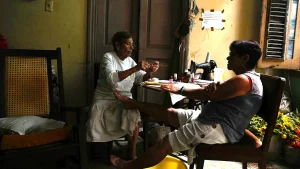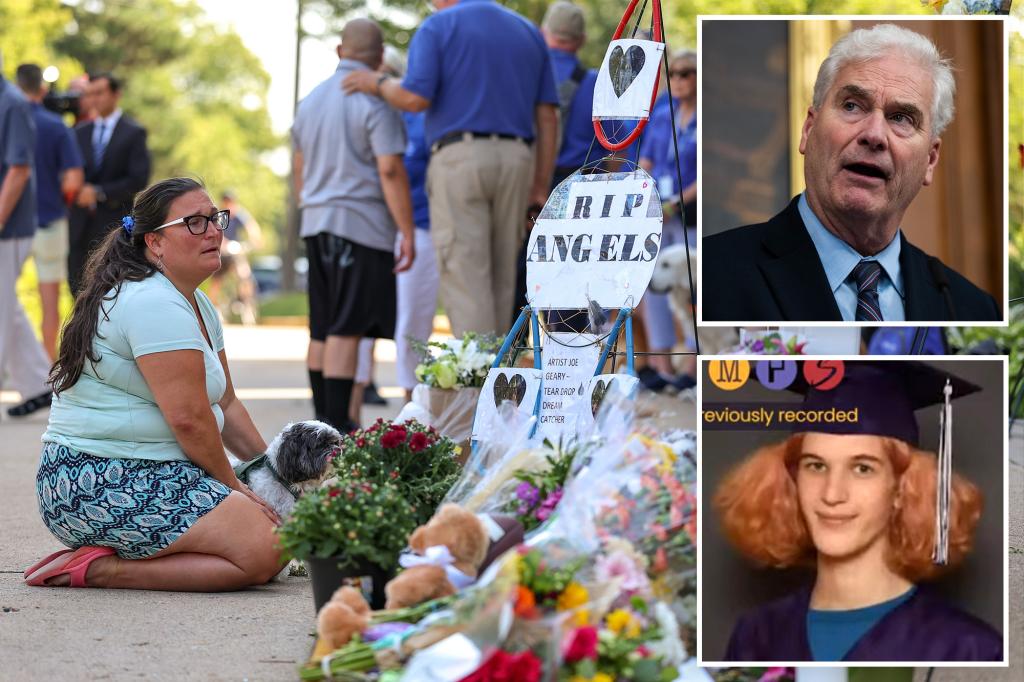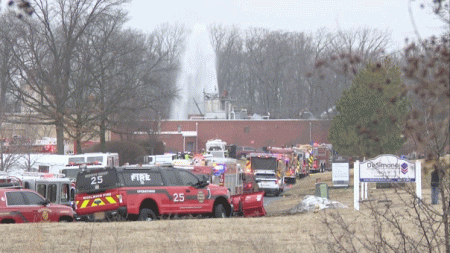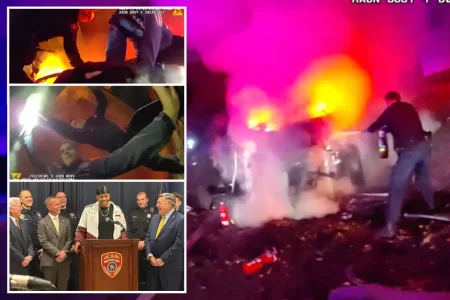Republican Leader Calls for Minnesota’s “Trans Refuge” Law Repeal Following Tragic School Shooting
In the wake of a devastating shooting at Annunciation Catholic Church and School in Minneapolis that left two children dead and 17 others wounded, House Majority Whip Tom Emmer has called for the repeal of Minnesota’s “trans refuge” law. In an exclusive interview with The Post, Emmer, who represents many of the Twin Cities’ outer suburbs, connected the tragedy to what he described as “confusion” fostered by such legislation. The shooting, carried out by Robin Westman (born Robert Westman), who later died by suicide, has reignited debates about mental health, gender identity policies, and the appropriate response to mass tragedies. Emmer emphasized that while everyone deserves respect and compassion, he believes such laws exacerbate mental health issues rather than addressing them.
The controversial law in question, signed by Democratic Governor Tim Walz in 2023, provides protections for individuals seeking gender-affirming care in Minnesota from other states’ legal efforts to prevent such treatments. It blocks out-of-state subpoenas, arrest warrants, and extradition requests for those traveling to Minnesota for sex-reassignment surgeries or hormone treatments. Critics of the legislation, including Emmer, argue that it creates confusion and potentially enables children to receive treatments without parental consent, with some suggesting it could even lead to parents losing custody if they oppose transition procedures for their children. “They should immediately repeal it, but they won’t,” Emmer stated firmly, suggesting that Democratic officials have been “encouraging this type of confusion” that he believes contributed to the shooter’s mental state.
The shooting occurred while students were praying during Mass, with the perpetrator firing through the windows of the church. This tragic context has further complicated the aftermath, as debates emerged not just about policy implications but also about the appropriate public response to such violence. Emmer took issue with Minneapolis Mayor Jacob Frey’s comment during a press conference that “Don’t just say this is about thoughts and prayers right now: These kids were literally praying.” The Republican leader called the mayor’s remarks “inappropriate” and “a slap in the face to the victims and their families,” defending the value of keeping those affected “in our thoughts and prayers” during such difficult times.
This incident highlights the increasingly polarized nature of American discourse around tragedies, where even expressions of sympathy become politicized. Mayor Frey’s comments seemed to reflect frustration with what many gun control advocates see as empty rhetoric without accompanying policy action, while Emmer defended the traditional offering of prayers as a meaningful response to tragedy. This disagreement over the role of prayer in the aftermath of violence is particularly poignant given that the shooting occurred in a place of worship while children were engaged in prayer, adding layers of complexity to an already heart-wrenching situation.
The broader context involves ongoing national debates about gender-affirming care, parental rights, mental health support, and gun violence prevention. Minnesota’s “trans refuge” law is part of a patchwork of differing state approaches to gender-affirming care, with some states restricting such treatments while others, like Minnesota, explicitly protect access to them. Emmer’s linking of this policy to the tragedy represents one perspective in these complex discussions, suggesting that policies intended to support transgender individuals might have unintended negative consequences for vulnerable young people with mental health challenges. Others would strongly disagree with drawing any connection between gender-affirming care policies and violence.
As communities in Minneapolis and beyond mourn the victims of this shooting, the political dimensions of the tragedy show no signs of subsiding. The call to repeal Minnesota’s “trans refuge” law represents just one aspect of the ongoing conversations about how best to prevent such tragedies in the future. These discussions inevitably touch on deeply held values regarding religious freedom, gender identity, mental health care, gun regulations, and the role of government in each of these domains. While consensus may be difficult to achieve in such politically charged areas, the shared grief for innocent lives lost provides at least some common ground from which meaningful dialogue might emerge, even as disagreements about policy solutions persist.









